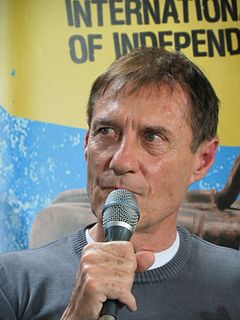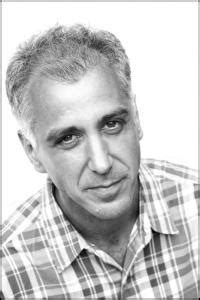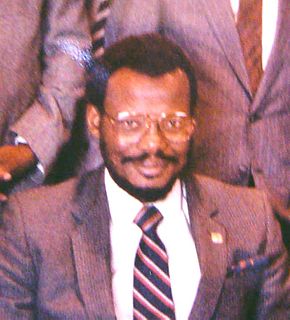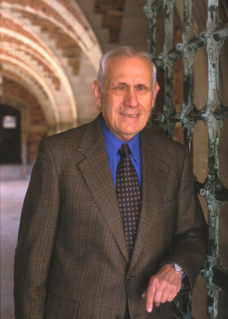A Quote by Roland Joffe
I began to feel that, in a sense, we were all prisoners of our own history.
Related Quotes
My sense, and I'm sort of guessing, is that the journalists were being classified by the government as common criminals, and the political prisoners were so resistant to being that. Always keeping [the other prisoners] as murderers, thieves, that sort of thing, which has a certain irony to it, I guess. It's a curious thing.
You tend to think that your time is either the best or the worst, and then when you have a sense of history, you'll realize actually, no, there were times things were quite gusty in the world. I mean, just think, nowadays most people will say they support the advancement of women, woman has been equal, the fact that we're so aware of the gustiness, in a sense, also speaks about the heightening of our own sensitivity.
I realized that most white Americans knew very little about our history and our struggle, and were having difficulty understanding the basis for our agitation and our resistance and our complaints. I also discovered that while black Americans had a sense of the beauty and tragedy of the journey from the time of slavery until now, we were not rooted in the specifics. I thought one way to familiarize people with that history would be through the voices of the great folk artists.
I began to learn about the universe myself and take it seriously. I know the names of the stars. I know how near or far the heavenly bodies are from our own planet. I know our own place in the universe. I can feel the vastness of it inside myself. I began to realize with each passing fact what a wonderful and awesome place the universe is, and that helped me in comics because I was looking for the awesome.
Heroes are necessary in order to enable the citizens to find their own ideals, courage and wisdom in the society. The hero carries our hopes, our aspirations, our ideals, our beliefs. In the deepest sense the hero is created by us; he or she is born collectively as our own myth. This is what makes heroism so important: it reflects our own sense of identity and from this our own heroism is molded.
Historians of a generation ago were often shocked by the violence with which scientists rejected the history of their own subject as irrelevant; they could not understand how the members of any academic profession could fail to be intrigued by the study of their own cultural heritage. What these historians did not grasp was that scientists will welcome the history of science only when it has been demonstrated that this discipline can add to our understanding of science itself and thus help to produce, in some sense, better scientists.






































